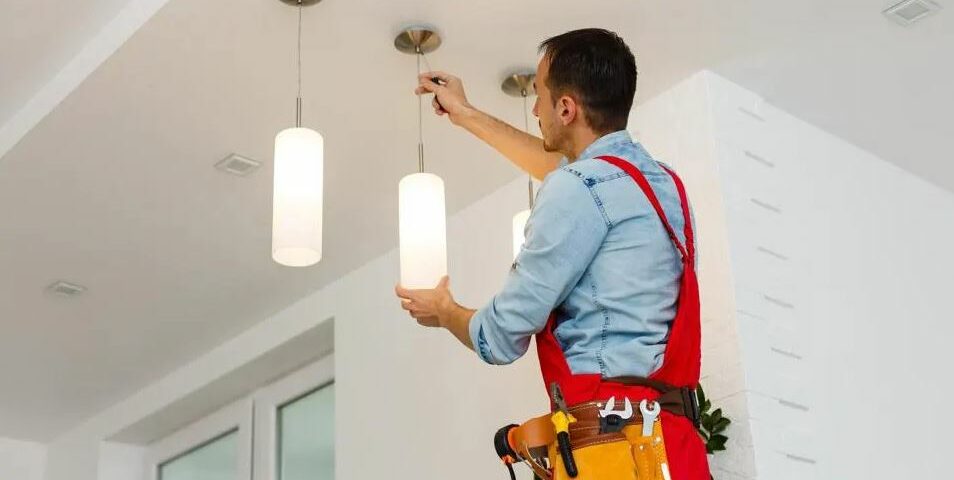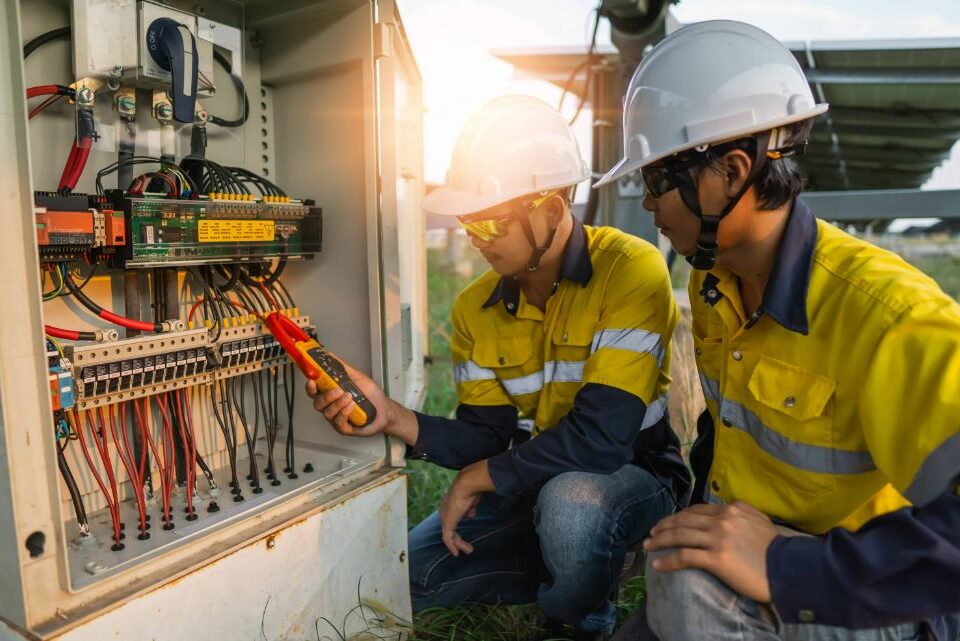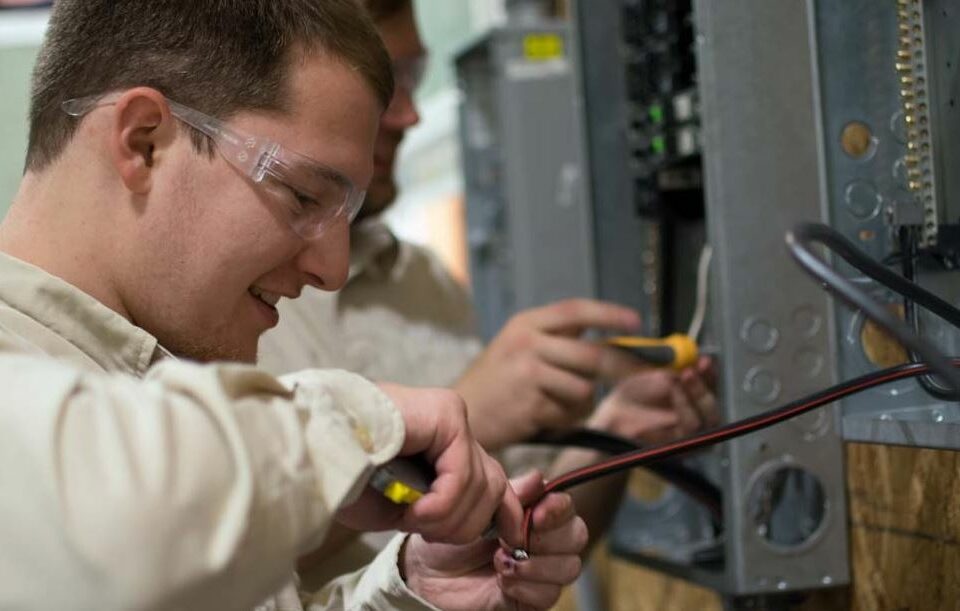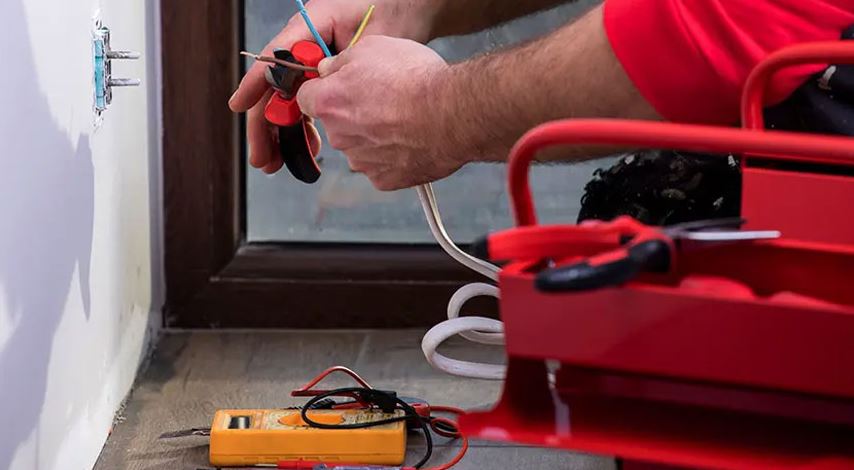How Can A Residential Electrician Help Homeowners Integrate Smart Home Technology

Reasons To Schedule Regular Electrician Maintenance Checks
July 20, 2023
How To Find The Right Residential Electrician For Your Needs
July 21, 2023Smart home technology has become a significant trend in modern living, providing homeowners with unprecedented control over various aspects of their homes. This technology offers automation and remote access to appliances, lighting, heating systems, and security devices among others. With the help of smart home technology, homeowners can now program different devices to act according to specific conditions or scenarios to increase convenience, energy efficiency and security levels.
However, the integration of these advanced systems poses challenges that necessitate professional expertise. A residential electrician’s role is crucial in achieving seamless integration of smart home systems. These professionals possess comprehensive knowledge about both traditional electrical systems and emerging smart technologies. They are capable of ensuring effective installation without compromising existing electrical infrastructure or standards of safety.
For homeowners seeking to transform their residence into a state-of-the-art smart home, understanding the paramount role played by residential electricians in integrating this complex technology is essential for successful implementation.
Understanding Smart Home Technology
Grasping the intricacies of smart home technology can prove challenging for homeowners, an obstacle that a residential electrician, with their extensive knowledge and expertise, is equipped to overcome.
The realm of smart home technology includes a broad spectrum of devices such as automated thermostats, security systems, lighting controls, and even appliances that communicate with each other through wireless connections. This interconnectedness allows homeowners to control multiple aspects of their homes remotely or set them on automated schedules for increased convenience and efficiency.
However, understanding how these various devices work together can be complex due to the varying protocols and standards they may use. A key role played by residential electricians in this context is that they help demystify this complexity by providing clarity on how different devices function individually and collectively.
They are well-versed in various communication protocols like Zigbee, Z-Wave or Wi-Fi used by these smart technologies for interaction. Furthermore, they understand the specific power requirements for each device ensuring safe integration into the home’s electrical system.
By applying their technical expertise about these systems’ workings, residential electricians assist homeowners in making informed decisions when selecting compatible devices that will function harmoniously within their existing network. While there may still be complexities arising from integrating different brands or generations of smart home technology which might not always speak the same ‘language’, residential electricians possess a deep understanding of potential pitfalls and solutions therein.
With this expert guidance at hand, homeowners can feel part of an inclusive community embracing advanced technological trends without feeling overwhelmed or excluded due to lack of technical knowledge. Thus it becomes evident that the role of a residential electrician extends beyond mere installations; it also entails educating homeowners about smarter living choices while ensuring seamless integration between traditional electrical systems and modern digital conveniences.
Role of a Residential Electrician in Smart Home Integration
In the realm of modern housing, professionals trained in electrical work play a pivotal role in blending traditional power systems with advanced automation features. Residential electricians are no longer confined to the basic duties of wiring and lighting. Rather, their roles have evolved dramatically with time and technology to include the integration of sophisticated smart home technologies into everyday living spaces. This includes everything from installing programmable thermostats and advanced security systems to setting up smart appliances and voice-controlled lighting systems.
1. Safety: Residential electricians ensure that all devices are installed correctly, wired properly, and meet safety standards.
2. Professional Expertise: With their knowledge about various smart home technologies, residential electricians can provide homeowners with expert advice on which solutions best match their needs.
3. Seamless Integration: They facilitate seamless integration by ensuring all smart devices communicate effectively within a networked environment.
4. Troubleshooting Support: They offer ongoing support for troubleshooting issues that may arise post-installation.
The capacity for residential electricians to aid in the smooth transition from traditional households to high-tech smart homes is indeed noteworthy. Their professional expertise provides homeowners not only with an improved standard of living but also peace of mind knowing that these complex systems function optimally while adhering to safety protocols. Through this process, homeowners become part of a larger community embracing contemporary advancements in home automation – fulfilling their inherent desire for belonging within a technologically advancing society.
Thus, it becomes evident that residential electricians hold significant importance when it comes to integrating smart home technology into modern residences efficiently and safely without compromising on functionality or convenience.





